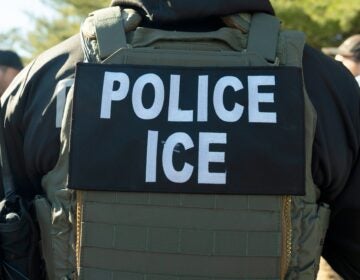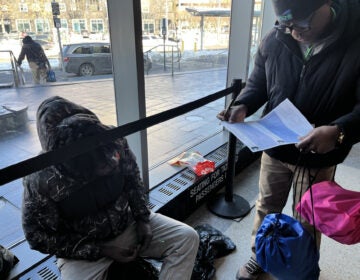Task force – page 2
Another area where the task force’s findings seem at odds with New Jersey’s approach thus far is climate change. The report places sea-level rise and climate change at the front-and-center of all of its recommendations, noting that it’s “no longer a distant threat.” “While scientific evidence does not yet tell us definitively whether storms like Sandy are growing more common, evidence indicates climate change is already altering environmental conditions in a way that suggests there may be changes in the frequency, intensity, duration, and timing of future extreme meteorological events, which may lead to unprecedented extreme weather events,” it states.
On this note, one of the Task Force’s recommendations that’s already been adopted and implemented is the creation of a web-based map and sea-level rise calculator to help local engineers and floodplain managers plan for climate change in their communities. Peter Kasabach, Executive Director of New Jersey Future, said in a press release that his group is eager to see how these tools will be put to use.
“We are still waiting to see how the Christie administration will incorporate sea-level rise into its long-range planning, and how they will help folks at the local level to do the same,” he said. “For example, we have not yet heard whether the state Hazard Mitigation Plan (HMP) currently under revision and the $2.5 million grant program for county HMPs (which is mentioned in the task force report) will include sea-level rise among the risks considered.”
For his part, when asked about the role of climate change in the aftermath of the storm, Christie has had various answers. He has called it an “esoteric discussion,” claimed it’s “above his pay grade,” and attacked a questioner for being a member of what he claimed was the liberal media. He continued that stance at the press conference in Little Ferry, saying that he hasn’t changed his mind about anything and calling it “a scientific discussion and debate that I’m simply not engaged in.”
While not using the language of environmentalists, the governor did acknowledge, however, that it’s clear something unusual is going on. “I wish I could stand here today and tell you that we’ll never have another storm like Sandy. I can’t,” he said. “I’m tired of hearing this ‘hundred-year-storm’ garbage. I’ve been governor for three-and-a-half years, I’ve had three hundred-year-storms.”
Coming to Christie’s defense, HUD Secretary Donovan downplayed the disagreement and did his best to sidestep the subject, despite the weight given to it in the task force’s own report. “When you talk to a homeowner or business owner, they don’t care about the causes. They don’t care about where this is coming from,” he said. “What they care about and they know, based on these storms, is that they’re at risk.” Noting that he’s “spent a lot of time with the governor on this issue,” Donovan added that “we need to focus on what we agree on here, which is that communities are at risk, that we have to rebuild smarter and stronger.”
WHYY is your source for fact-based, in-depth journalism and information. As a nonprofit organization, we rely on financial support from readers like you. Please give today.




